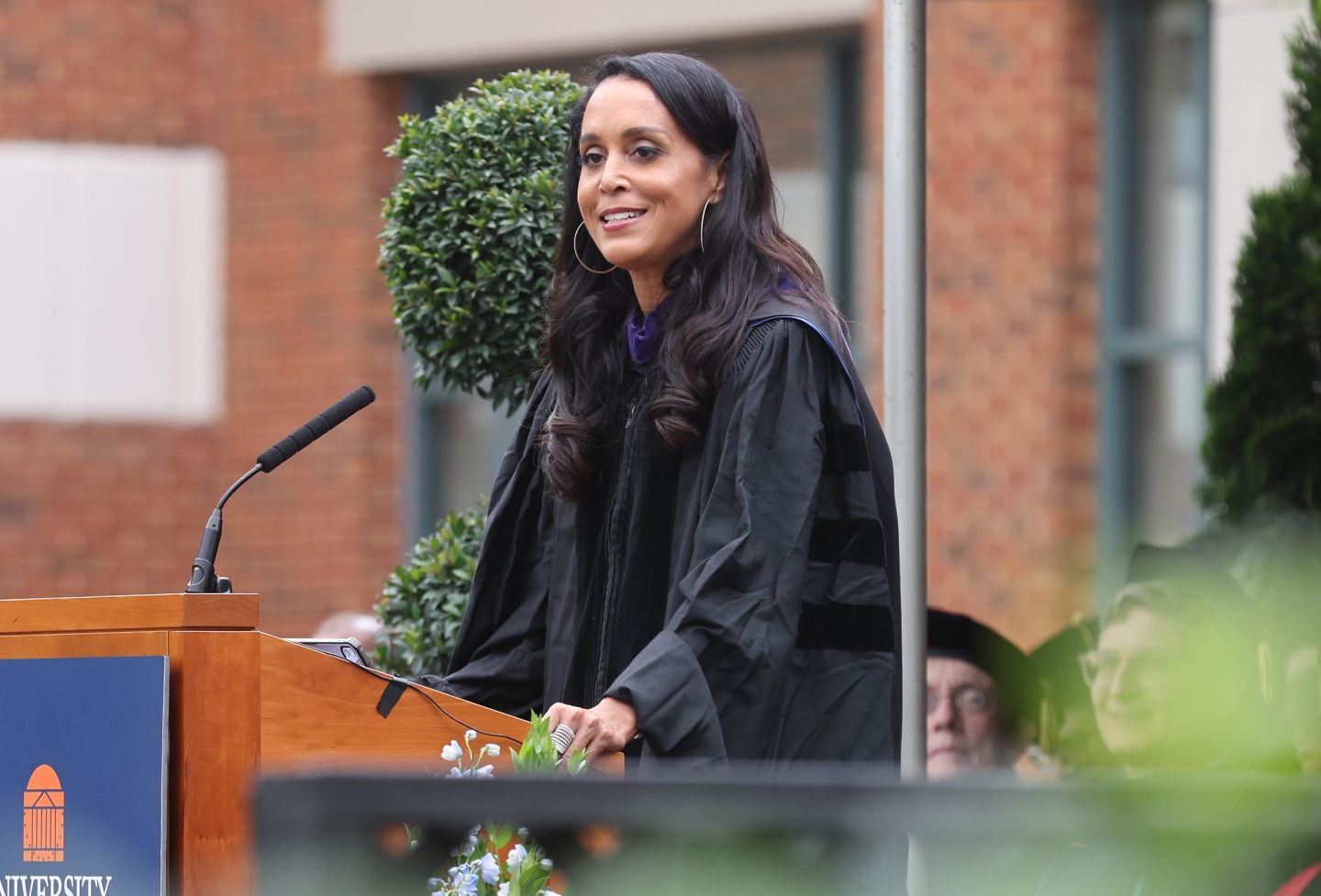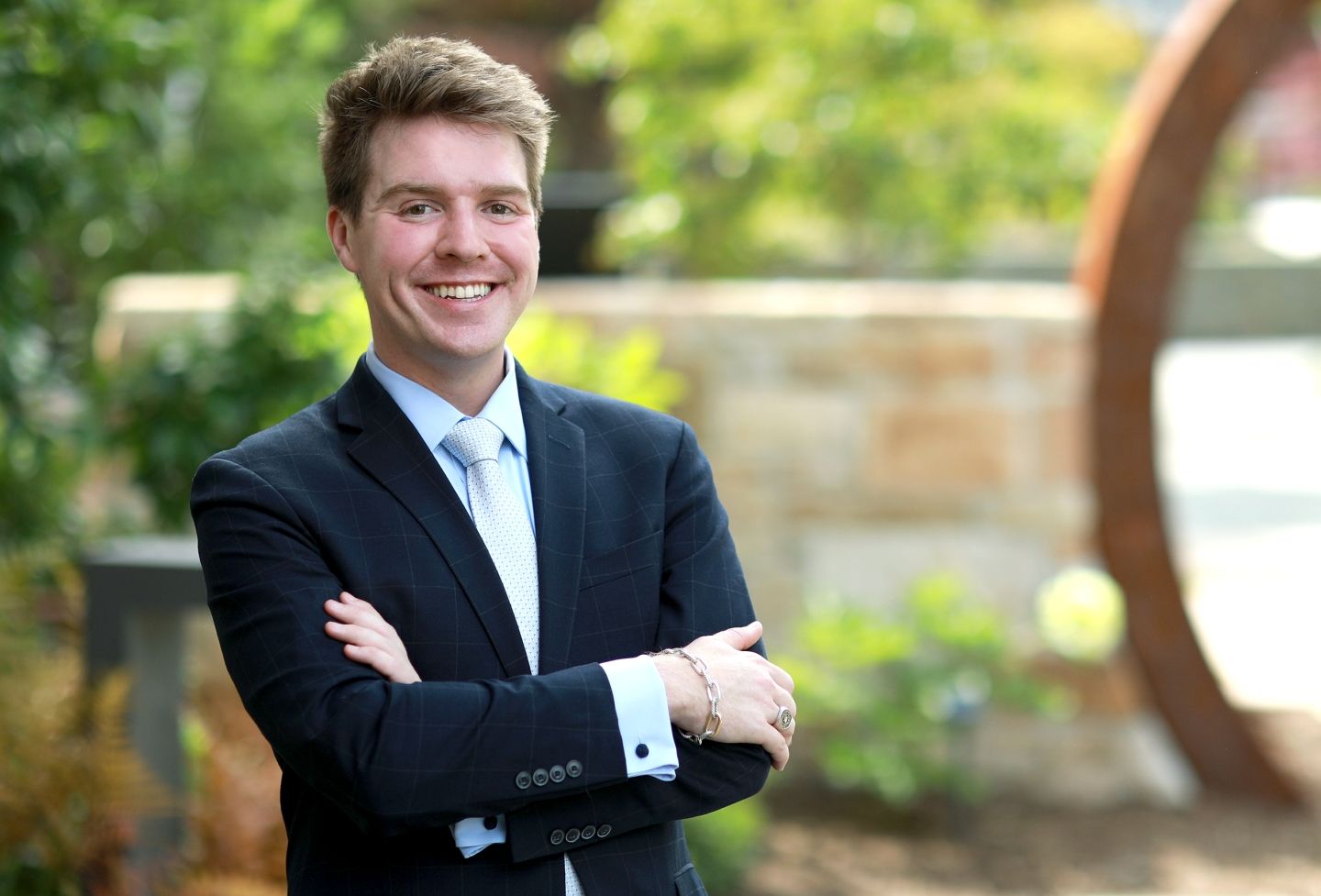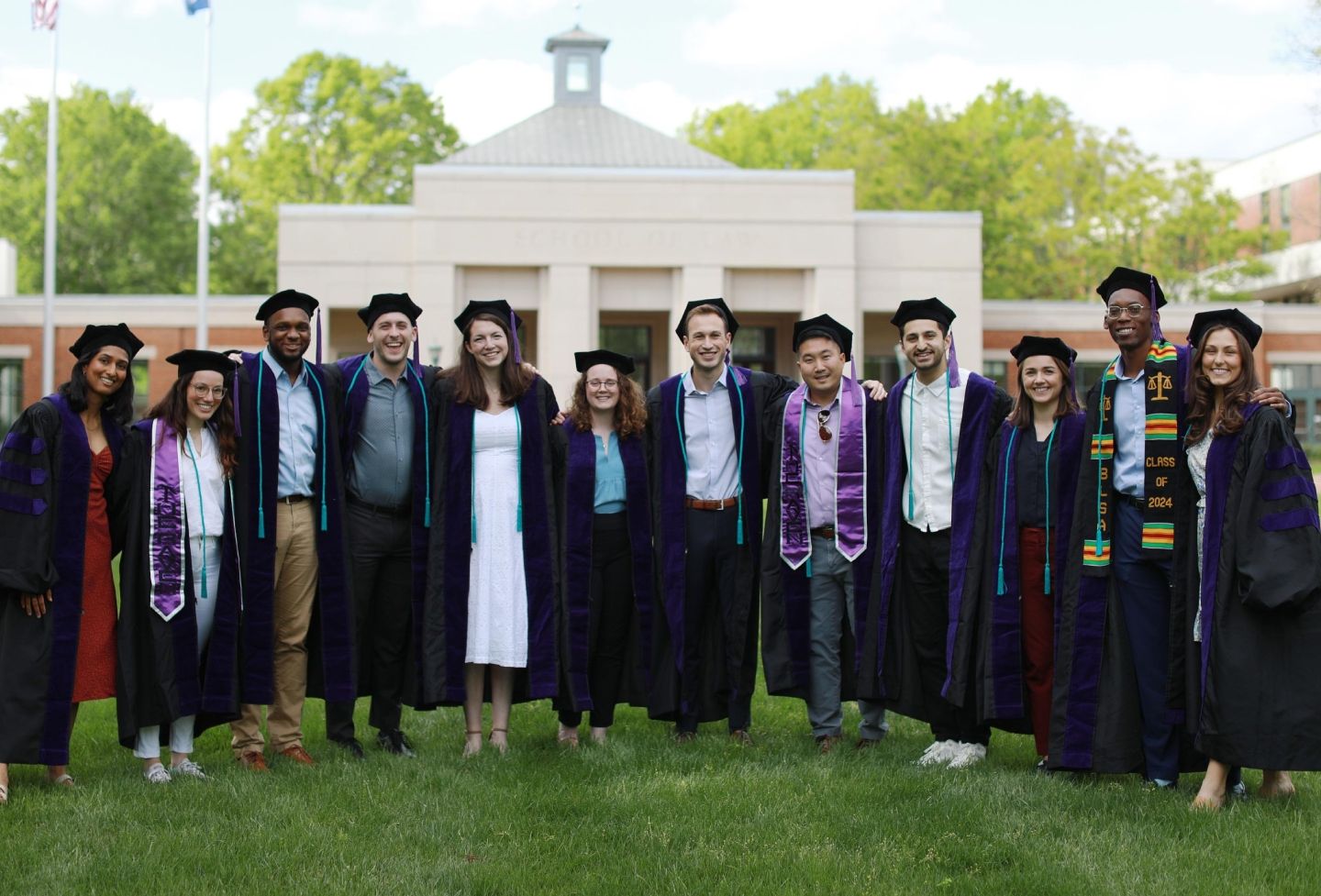Thirty University of Virginia law students spent their spring break this year providing pro bono legal services and humanitarian aid, traveling as far away as the Arizona border with Mexico to assist the indigent.
Students participating in the Public Interest Law Association's fifth alternative spring break program donated an estimated 1,050 pro bono service hours on behalf of clients in New Orleans, New York City and Tucson, Ariz., as well as Virginia localities Charlottesville, Richmond and Alexandria.
"The alternative spring break program is an excellent opportunity for students to gain practical experience by providing valuable assistance to public interest law offices across the country and across a wide array of practice areas," said third-year law student Thomas Silverstein, the program's director. "An incredible sense of camaraderie often develops among participants, and I count my ASB experiences as being among the most memorable of my time in law school."
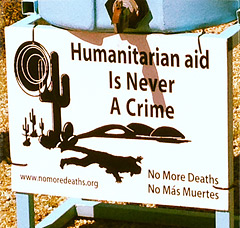
"For many," he added, "participating in ASB can serve as a reminder of why they decided to attend law school."
For his part, Silverstein worked at the Central Virginia Legal Aid Society in Charlottesville, helping low-income clients with cases involving car repossession, wage garnishment and eviction.
Second-year law student Julianne Jaquith was one of three students who worked at the Tucson-based organization No More Deaths, or No Más Muertes, which aims to stop humanitarian suffering along the U.S.-Mexico border and provides medical aid to immigrants. In 2012, Jaquith noted, the remains of 179 people were found in the desert, many of whom had died from dehydration, starvation or hypothermia.
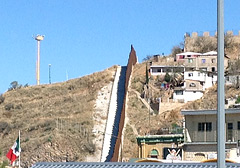
"This experience was a once-in-a-lifetime opportunity to experience the immigration system firsthand," Jaquith said. "Understanding the migrant experience will only make me a better advocate."
For part of the week, the three students camped in the desert a few miles from the border and left food, water and blankets along migrant trails. They also traveled to Nogales, Mexico, where they worked with another arm of No More Deaths to provide assistance to people who had recently been deported from the United States.

Jaquith recalled one particularly meaningful exchange with a 24-year-old man who had lived in the United States since he was two years old but who had been deported to Mexico recently.
"He spoke English without an accent, and he told me he could barely speak Spanish. He had two daughters in the U.S. and he had no memory of Mexico. He told me he had no idea where he was going to go. He told me the entire experience was like a bad nightmare."
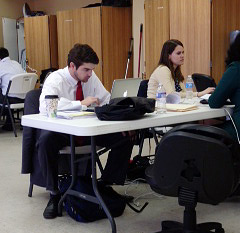
The students in Arizona also attended an "Operation Streamline" hearing, in which unauthorizedmigrants face criminal charges for entering the United States illegally.
"We watched as 80 immigrants stood in the courtroom, shackled on their hands, feet and waist, and were sentenced by the judge in less than an hour," Jaquith said. "Most were sentenced to between six months and one year in prison. We saw a direct and immediate example of how the criminalization of immigration violations has dramatically increased the funneling of immigrants into the prison system."

Third-year law student Vanessa Nickerson was part of a group that worked at Orleans Public Defenders in New Orleans.
Under the supervision of attorneys, she said, the law students worked on several criminal cases, ranging from burglary to aggravated rape, writing motions; performing legal research; transcribing jail phone calls and statements to the police; and conducting visits with clients in jail.
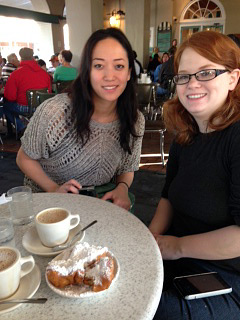
"The experience, in my opinion, was phenomenal," she said. "We learned a great deal about public defense working for the OPD and many of our students had never been exposed to that area of the law before."
Nickerson, who will be working for the Colorado State Public Defender's Office next year, said the experience was particularly enlightening.
"I was lucky enough to be allowed to conduct jail visits without my attorney's supervision and truly enjoyed speaking with and attempting to alleviate the concerns of the clients I was allowed to visit," she said. "I also wrote a motion to sever a trial on facts that were particularly interesting."
The group of nine students, which also included students from Duke University and Howard University, also enjoyed their downtime in New Orleans, Nickerson said.
"We all got along splendidly and spent many nights listening to live music on Frenchman Street, exploring historic neighborhoods like the Tremé and the French Quarter, and eating incredible food," she said.
Founded in 1819, the University of Virginia School of Law is the second-oldest continuously operating law school in the nation. Consistently ranked among the top law schools, Virginia is a world-renowned training ground for distinguished lawyers and public servants, instilling in them a commitment to leadership, integrity and community service.
